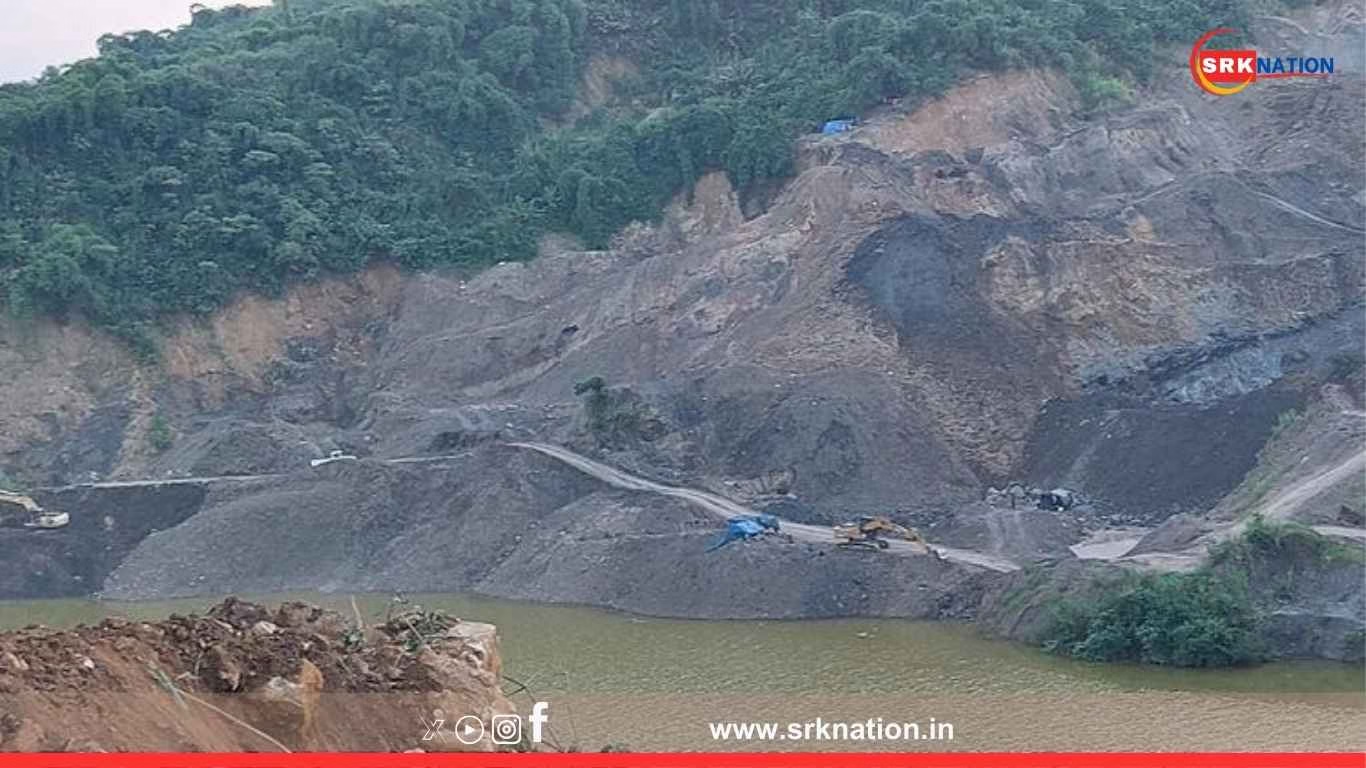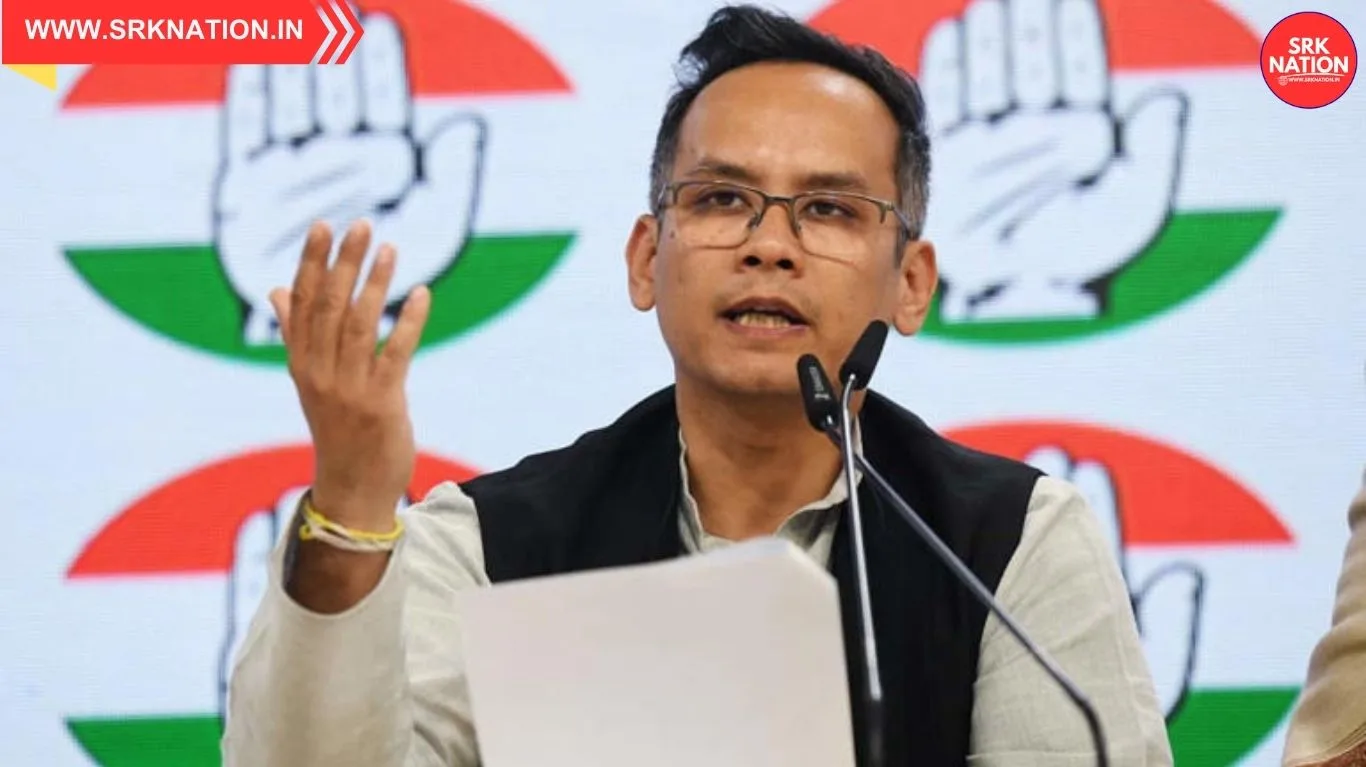In a significant development in Assam’s energy and employment discourse, the Tinsukia District Human Rights Protection Council (TDHRPC) has urged authorities to resume coal mining operations in Margherita, highlighting rising unemployment, economic distress, and alleged violations of livelihood rights.
The council’s demand comes at a time when the closure of several coal mines in Margherita subdivision has severely impacted workers, ancillary businesses, and local revenue streams. Margherita, known for its historical coalfields under North Eastern Coalfields (NEC), a subsidiary of Coal India Limited (CIL), has witnessed multiple operational disruptions over the past decade due to environmental restrictions, National Green Tribunal (NGT) interventions, and delayed clearances.
TDHRPC’s official statement
Addressing a press conference on Wednesday, TDHRPC President Kumar Deep Saikia said:
“Thousands of workers are suffering silently as coal operations remain suspended. Livelihood is a basic human right under constitutional and international frameworks. We urge the government and Coal India to resolve regulatory hurdles and restart mining with utmost environmental safeguards.”
Saikia added that while environmental concerns are genuine, blanket suspensions without rehabilitation or alternate employment mechanisms have created “economic starvation” for dependent communities. The body plans to write to the Chief Minister, Union Coal Minister, and National Human Rights Commission this week.
Background: Why Margherita’s coal mines are closed
- Environmental clearances pending: Several mines lack Stage-II forest clearance due to diversion of reserve forest land for mining.
- NGT bans: In 2020, the NGT banned operations in select sites following reports of unregulated mining and ecological damage.
- Depletion and mechanisation issues: Some mines are facing technical exhaustion or require upgraded mechanisation for profitable extraction.
- Forest rights disputes: Indigenous community groups have raised rights concerns under the Forest Rights Act, delaying operational renewals.
The economic impact on Margherita
| Parameter | Before Suspension | After Suspension |
|---|---|---|
| Active mine workers | Approx. 2,800 | Less than 200 (maintenance staff only) |
| Contractual jobs (transport, loading, shops) | 4,000+ | Under 500 |
| Local coal revenue (monthly avg.) | ₹18-22 crore | Negligible |
| Migration for work | Minimal | Surge in youth migrating to Tinsukia, Guwahati, and Arunachal for menial jobs |
Local trade union leader Bhaskar Gogoi stated that nearly 70% of households in areas like Ledo, Tipong, Tirap, and Bargolai have faced income collapse, forcing many youth to drop out of college to find low-paying jobs in urban Assam or neighbouring states.
Environmental concerns vs livelihood rights
Environmental groups continue to oppose the resumption of operations without strict adherence to ecological norms. Save Dehing Patkai Movement members argue that:
- The region falls under the Dehing Patkai Elephant Reserve, known as the “Amazon of the East,” hosting rich biodiversity and endangered species.
- Unregulated mining in the past resulted in forest degradation, soil erosion, water pollution, and wildlife displacement.
However, TDHRPC has emphasised that modern mining technologies with zero-discharge systems, afforestation mandates, and strict CSR implementation can balance conservation and livelihood rights.
Political reactions
- Margherita MLA Bhaskar Sharma (BJP): “We are pursuing clearances with Coal India and the environment ministry. The CM is committed to resolving this while ensuring environmental safeguards.”
- Opposition Congress leader Debabrata Saikia: “The BJP government has failed to deliver on its promise of mining revival while protecting Dehing Patkai. Both livelihood and environment are suffering.”
Previous attempts to resume operations
In 2021, Coal India Limited had proposed to reopen certain mines with environmental approvals and had floated tenders for mine developers and operators. However, delays in Stage-II clearances under the Forest Conservation Act and local protests stalled the plans.
Potential solutions suggested by TDHRPC
- Fast-track clearances: Prioritising pending approvals with strict compliance monitoring.
- Community consultations: Ensuring that indigenous groups and forest dwellers are part of the decision-making process.
- Alternate employment: Expanding skill training, tourism promotion, and agro-based industries as supplementary livelihood avenues.
- Sustainable mining models: Adoption of modern mechanised, eco-sensitive mining standards.
Why Margherita matters to Assam’s economy
Margherita coalfields have historically powered Assam’s tea industry, railways, brick kilns, and small thermal units. Experts believe revival under modern environmental norms could:
- Reduce dependence on imported coal from other states.
- Lower logistical costs for tea factories and industries in upper Assam.
- Revitalise local markets, housing, transport, and education sectors with re-employed families regaining economic stability.
Voices from the ground
Local resident Rina Gogoi, wife of a suspended contractual worker, shared:
“My husband worked at Tirap mine for 14 years. After operations stopped, we lost our income. We had to pull our son out of engineering college in Guwahati. We only ask for jobs to feed our families.”
Similarly, small shopkeepers in Bargolai market reported nearly 50-60% drop in sales, as mine workers were key daily customers for essentials.
Outlook: The road ahead
The Assam government has committed to creating a consensus-driven roadmap with:
- Environmental ministry clearance dialogues
- CSR-linked community development models
- Transparent monitoring involving local gram sabhas and district authorities
Coal India officials, while reiterating their commitment to ecological protection, highlighted that sustainable mining under existing leases is feasible if regulatory nods are granted swiftly.
Conclusion
The resumption of coal operations in Margherita remains a complex policy dilemma balancing economic rights and environmental protection. The TDHRPC’s intervention reframes it as a human rights issue, compelling stakeholders to seek solutions that honour both livelihood security and ecological sanctity in Assam’s mineral-rich, biodiversity-sensitive landscape.
Disclaimer
This article is based on public statements, press releases, and ground reports available as of July 2025. Readers are advised that operational decisions are subject to final government and judicial clearances. This publication holds no responsibility for any business, policy, or personal decisions made based on this content.











